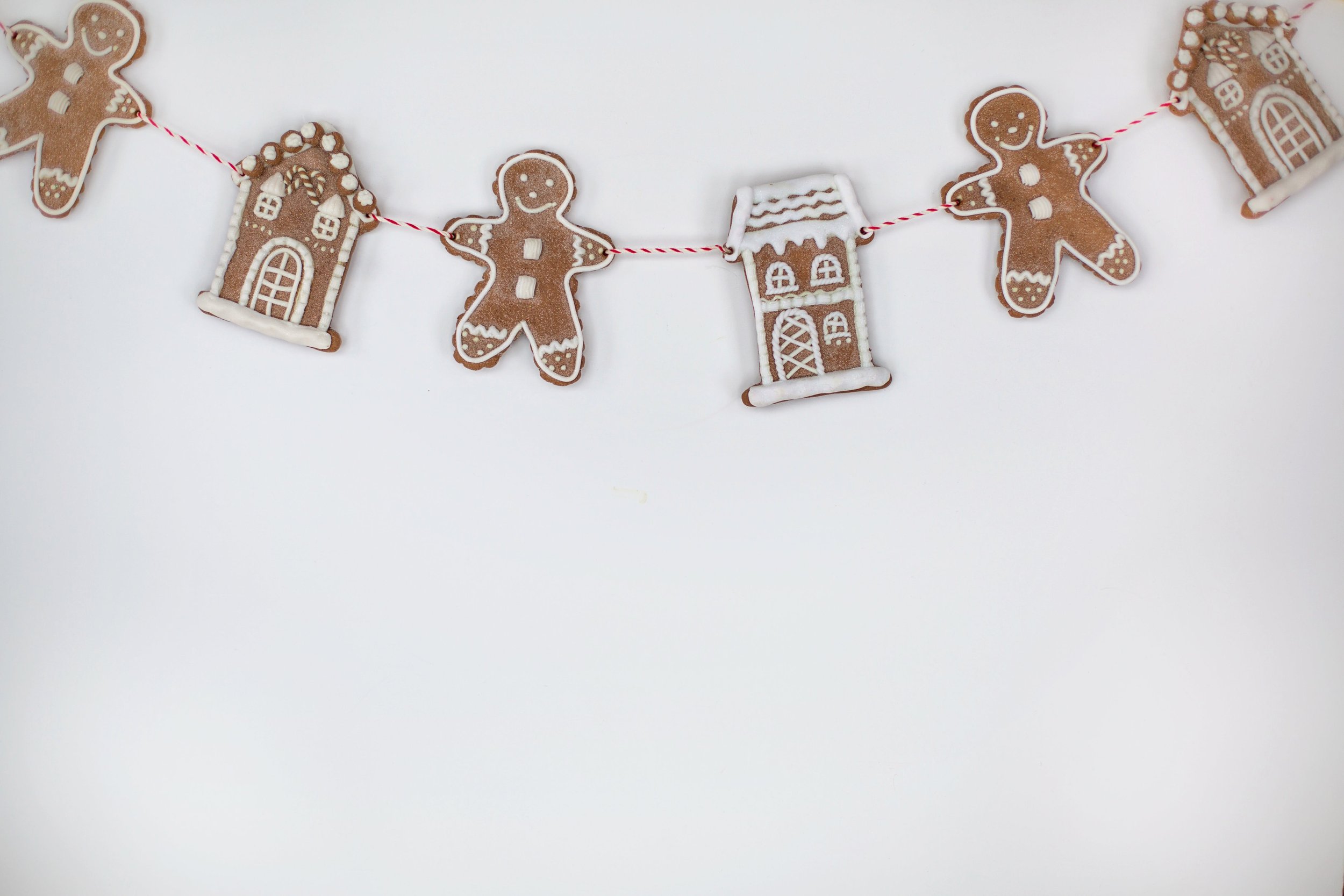Navigating Christmas when you are trying to get pregnant
So what should you consider this Christmas if you are trying to conceive?
While babies are born all year round, every Obstetrician and Midwife knows that September/October is peak baby season, registering more births than any other annual period.
That makes Christmas time and the New Year period the most popular period to try to conceive.
There are at all times couples who who have difficulties trying for a baby. Christmas can be a particularly tough time if you have been having fertility treatment and are not yet pregnant. It’s also a really hard time for women and couples who have suffered miscarriage.
Well meaning friends and family members may ask about family plans and this can be confronting and painful when all you want for Christmas is a healthy pregnancy.
So what should you consider this Christmas if you are trying to conceive?
Protect your mental health and well-being
It has been a big year for us all, dealing with our evolving post Covid pandemic lives, personal, medical and work circumstances. We often keep fertility aspirations private which can feel very isolating.
2. If you are not feeling merry, you don’t need to be ashamed.
If you are on a fertility journey and have not yet reached your goal, be that freezing eggs, banking embryos or having a baby, give yourself some credit for how far you have come, how much you have achieved and the resilience you have expressed.
Hopefully some Christmas downtime will come in handy to recharge your physical and emotional batteries to take 2024 by storm.
3. Re-establish a mind body connection
For many couples having fertility treatments, Christmas time means an enforced break as many clinics are closed for the holidays. We suggest you use this time to rest, recover and reconnect with things and people you love and the environment. Spending time in nature can be a wonderful source of stress relief. For Australians, Christmas means summertime and warmer weather. Exercise and spending time outdoors can be a great natural tonic, and it is also very good for you.
If you are visiting family and friends, holidaying or just not in your normal routine, still find time to do some cardio. This releases natural feel good hormones called endorphins and helps us to justify a few planned indiscretions e.g. Christmas dinner.
4. What foods should I avoid?
A pleasure of Christmas is enjoying favourite and special foods. Some of the things Aussie families love and associate with Christmas like mangoes and cherries and even cranberry source are also very healthy for us and contain fertility boosting antioxidants.
We recommend avoiding alcohol if you could be pregnant and moderating alcohol use at all times for optimal health. For men, alcohol excess is associated with impaired fertility and for mums, avoiding alcohol protects a developing baby’s brain.
5. How about a Christmas health kick?
If you are up to that, sure! Sperm take 3 months to mature and therefore any positive diet and lifestyle choices can impact sperm health, with impacts peaking around the 70 day mark.
Christmas can be a very difficult time for couples struggling with infertility where avoiding alcohol may alert family and friends who you might not want to engage on the topic with. who are not aware that you’re trying to conceive. Luckily we now have many lookalike non alcoholic options like soda water, mocktails and sparkling juices.
6. Opening up to family and support networks.
Sometimes this can be really helpful but set your boundaries. Make sure conversations are completely on your terms. Say what you are and are not happy to discuss, and hopefully friends and family will support your wishes. Remember they love you and want to help, but may also have no idea of what triggers you or how devastated you may sometimes feel.
Sometimes they have kept infertility a secret too. Infertility still has some stigma attached in many circles . Remember infertility is nothing to be ashamed of. You are not at fault and you need emotional support too.
Written by Dr Raelia Lew
RANZCOG Board Certified CREI Fertility specialist, Gynaecologist and the Director of Women’s Health Melbourne.
Co-host of the Knocked Up Podcast, Co-founder of Ellechemy intimate wellness solutions. Raelia has a PhD in Preconception Health Promotion and Genetic Screening. Raelia is a leading Australian expert in IVF and egg freezing, pioneering a bespoke model of care.


